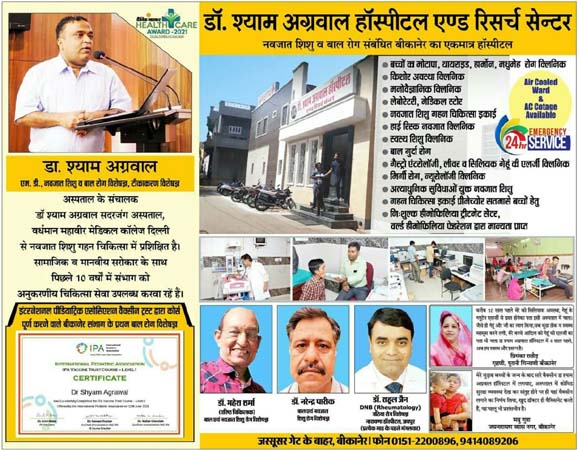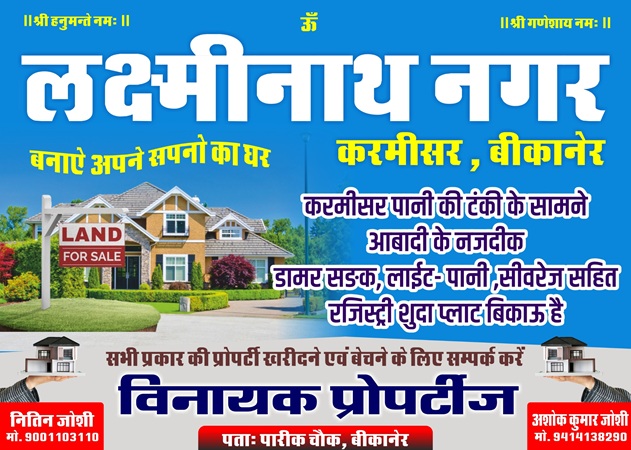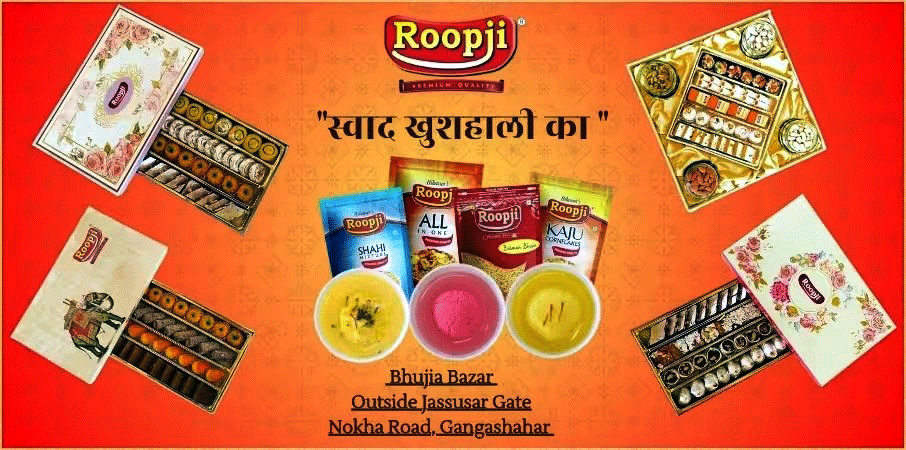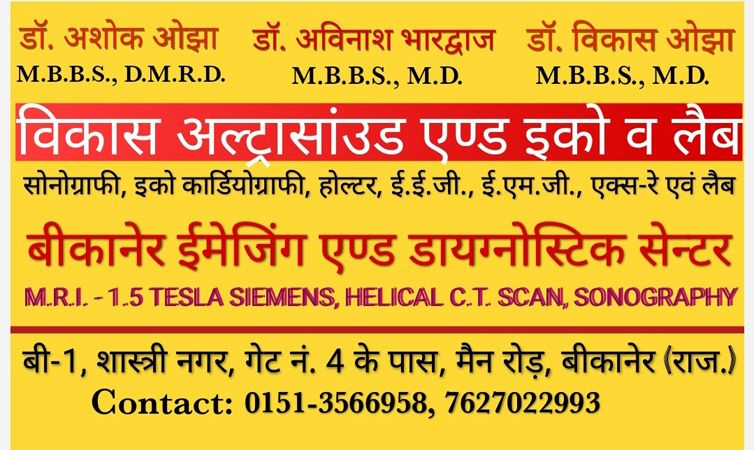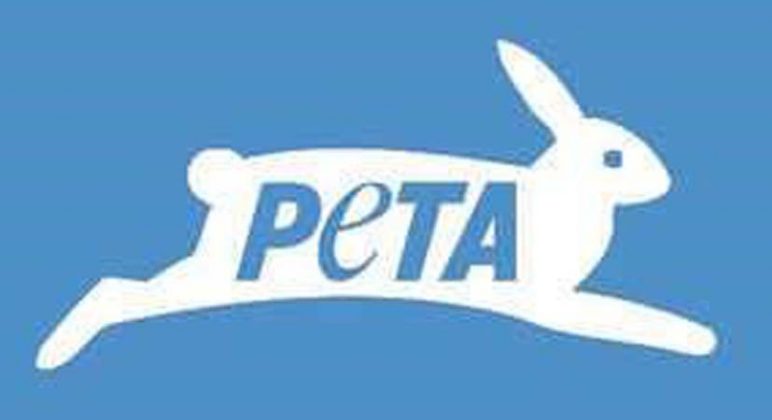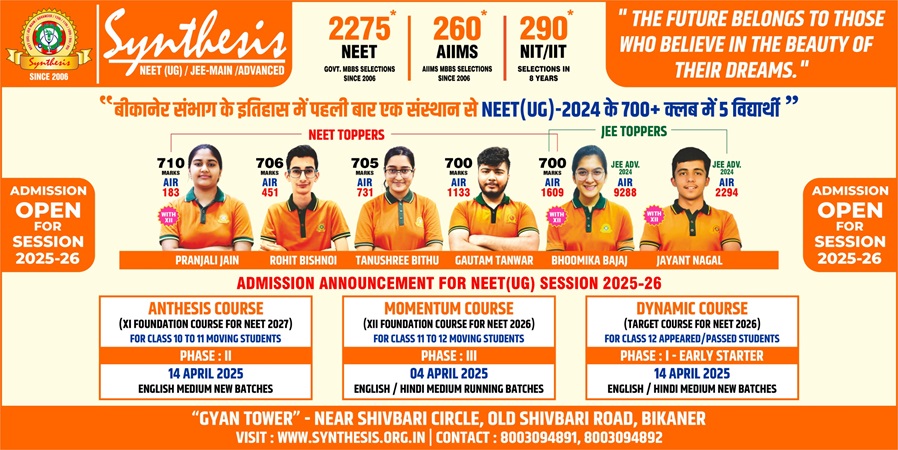

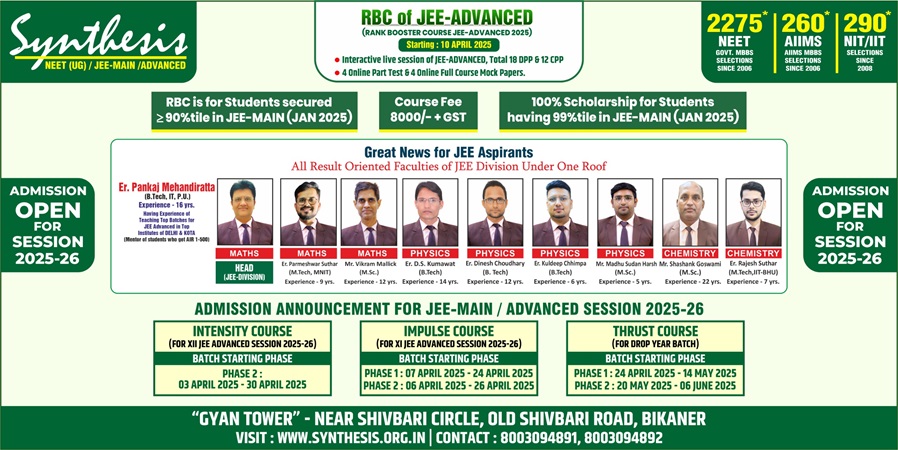
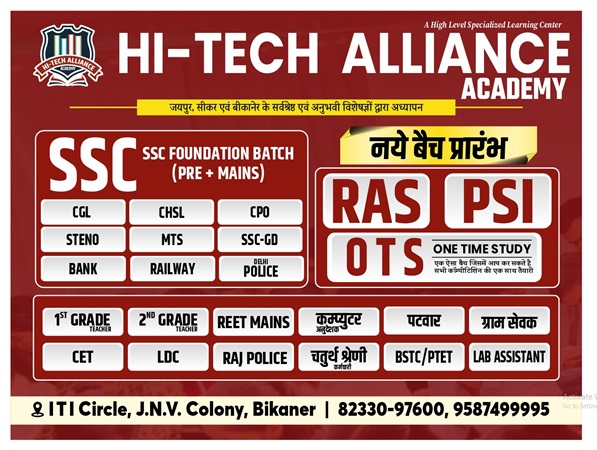

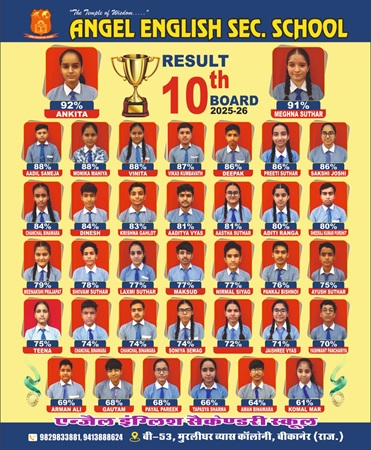


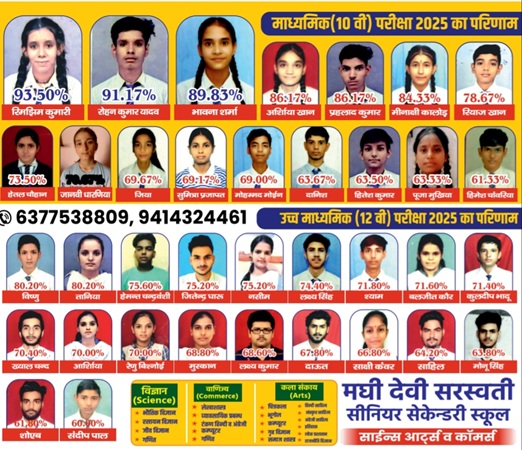

Delhi. Following years of appeals and efforts by People for the Ethical Treatment of Animals (PETA) India to improve animal husbandry procedures, the central government has notified the Prevention of Cruelty to Animals (Animal Husbandry Practices and Procedures) Rules, 2023, which mandate that procedures like castration of bulls, horses, and other animals be done with the involvement of a registered veterinary practitioner and using general and local anaesthetics instead of the current prevalent painful methods, such as forcing a bull to the ground and using a Burdizzo castrator without any painkillers to crush the blood vessels, nerves, and vas deferens connected to the testes in order to cut off the blood supply and cause the testicles to atrophy. The Rules also encourage the breeding of polled (naturally hornless) cattle over dehorning and the use of face halters and other humane methods over nose roping, prohibit cold and hot branding on live tissues, and prescribe a clear procedure for euthanasia for ill animals to end their suffering. The Rules also put in place pain reduction methods for dehorning and nose roping when they occur.
Disturbing photographs depicting current cruel and painful methods of common animal husbandry procedures are available upon request.
Though Section 11 of The Prevention of Cruelty to Animals Act (PCA), 1960, defines the acts which amount to treating animals cruelly, sub-section 3 offers an exception and consequently deems certain animal husbandry procedures, including the dehorning of cattle and castration, branding, and nose roping of any animal, not cruel, when done in a “prescribed manner”. Further, sub-section 3(c) also allows “the extermination or destruction of any animal under the authority of any law for the time being in force” as an exception. The decision of the government to define the “prescribed manner” for painful animal husbandry procedures and euthanasia for cattle and other animals under the PCA Act, 1960, follows advisories issued by the Animal Welfare Board of India and the Department of Animal Husbandry and Dairying, appeals made by PETA India, and a public interest litigation filed by the group in the Delhi High Court.
“We are thankful to the Modi government for this progress that will bring countless bulls and other animals relief from the pain of common animal husbandry procedures. The said Rules aim to crack down on quackery, which is one of the major reasons for animals suffering in veterinary practice,” says PETA India Veterinary Policy Advisor Dr Nithin Krishnegowda. “Current methods are barbaric, painful, and downright cruel and do not involve the use of sedatives, painkillers, or anaesthetics to prevent and manage fear, pain, and distress. These Rules will change that, thereby improving the relationship between farmers and their animals.”
The Rules prescribe the method to be followed for euthanasia – “a good death” – for situations in which it is cruel to keep an animal alive, as mandated by the PCA Act, 1960, and they call for animals to be made unconscious without having to endure pain or suffering prior to the cessation of vital signs. Current crude methods of killing such animals include injecting chemicals that painfully stop the functioning of the heart and lungs while animals are still conscious, suffocating them to death in plastic bags, and burying or burning them alive.
Non-adherence to the notified Rules shall be punishable under sections 11, 12, and 13 of the PCA Act, 1960.
By- Anish Saxena Datta

